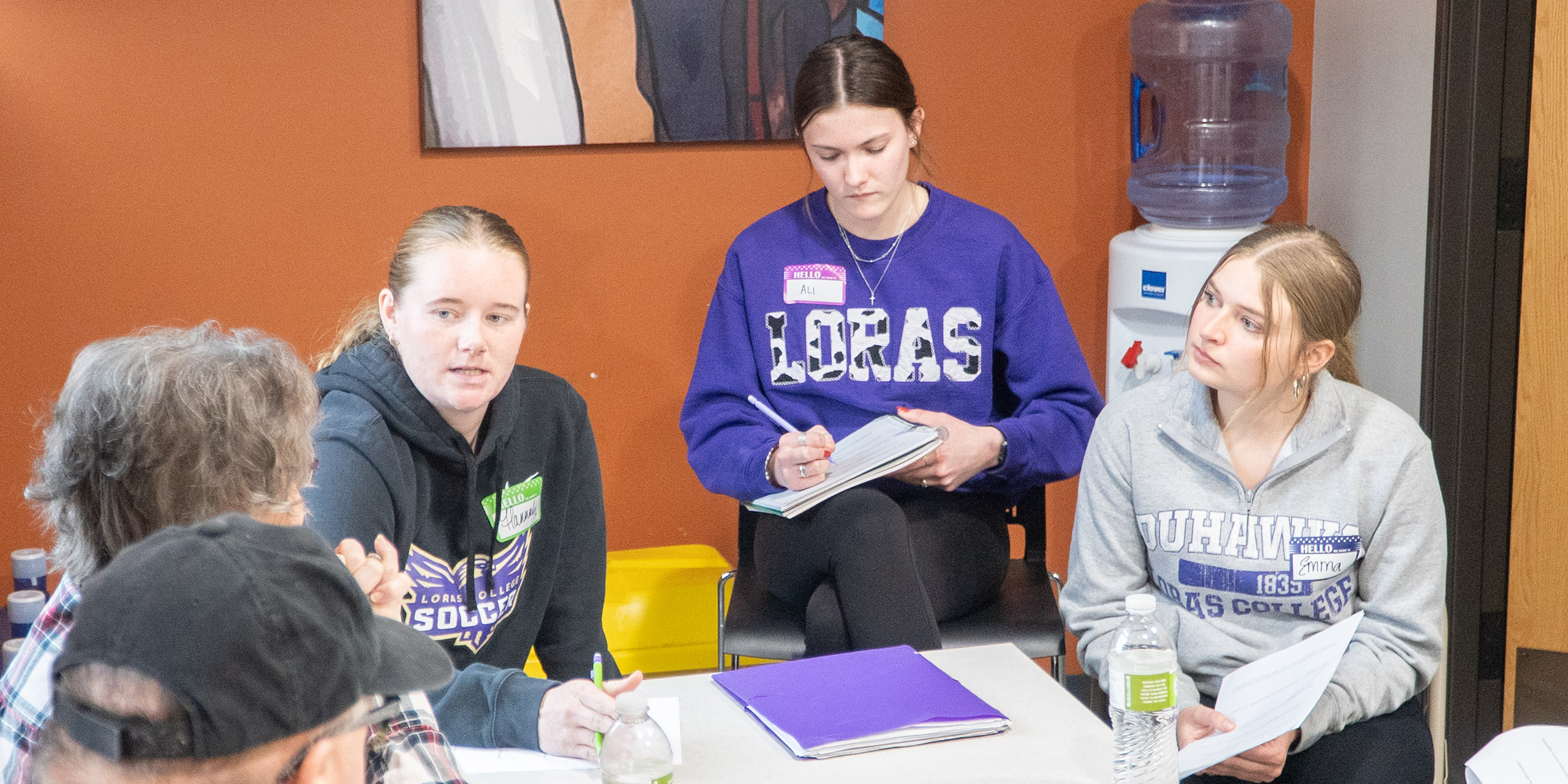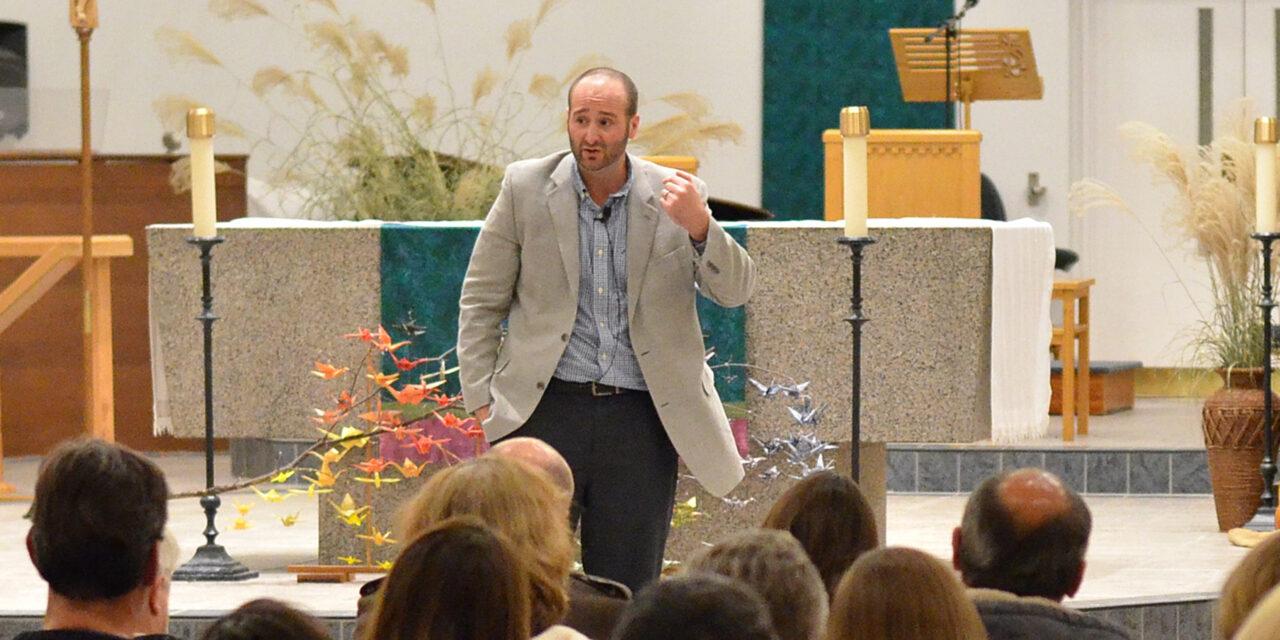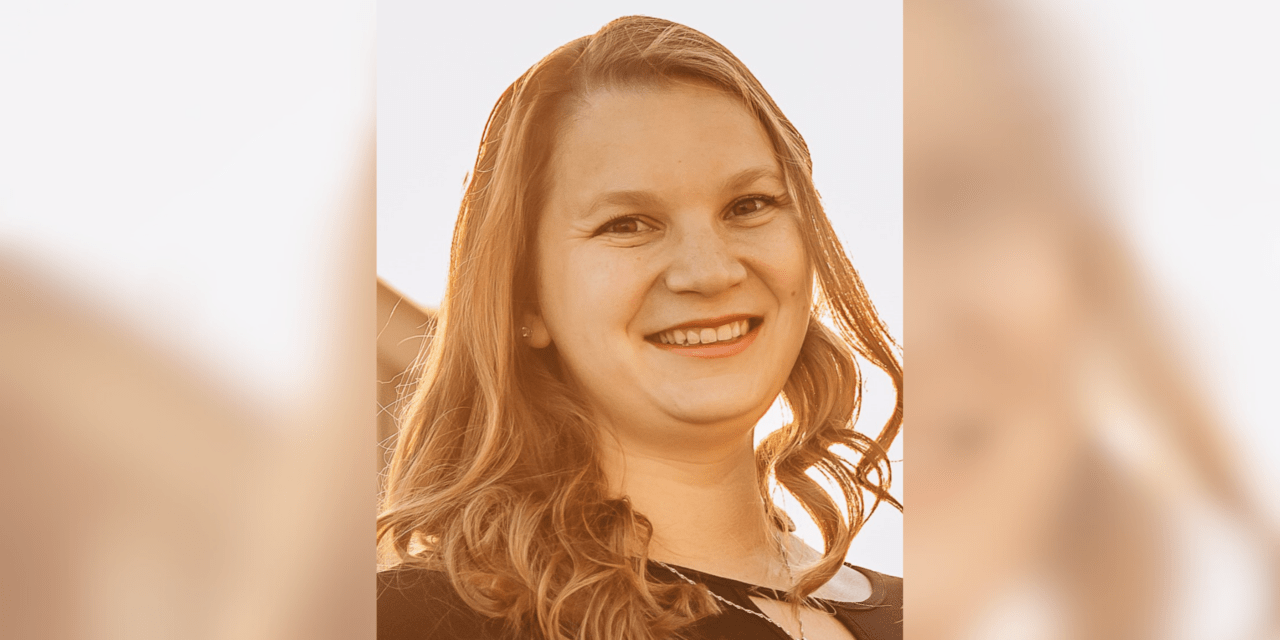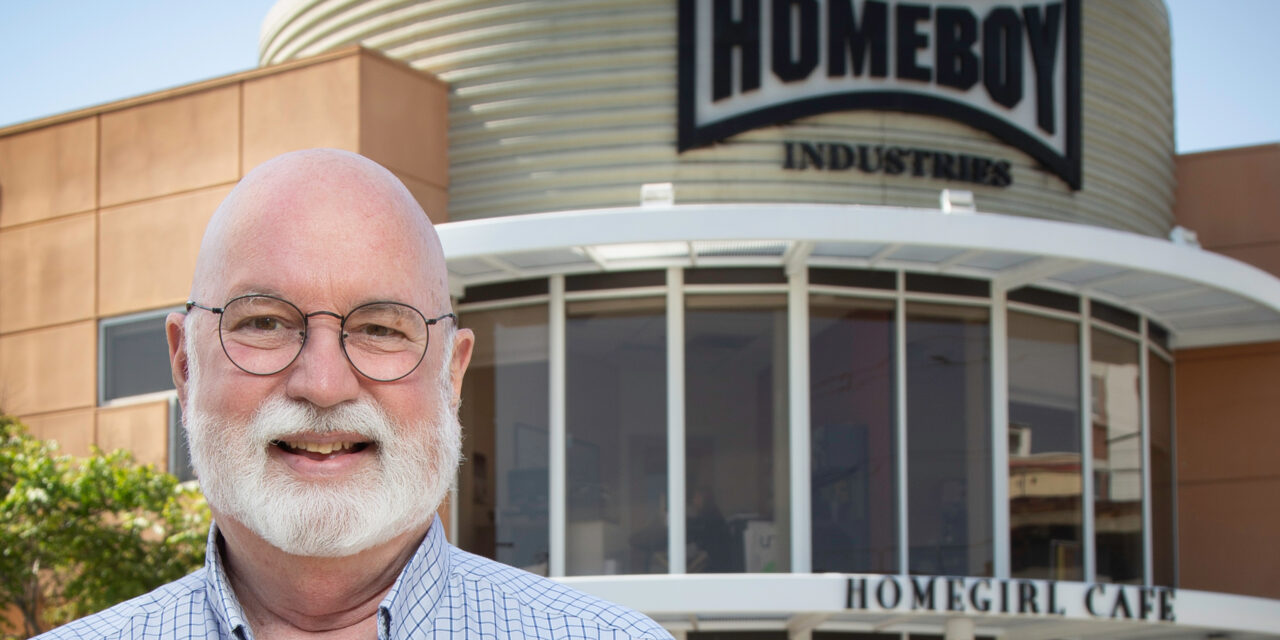Last semester, a new Call to Participation class generated buzz across campus. Unsurprisingly, the second-semester offering quickly filled up with a waiting list. The class, Medicare and More, taught by Professor of Social Work Nancy Zachar Fett, explores major governmental programs that impact underserved, underrepresented, and marginalized communities.
As one of the final courses in the general education sequence, it requires students to compare two or more systems of governance and Catholic social teaching. Students reflect on social issues like housing, violence, food insecurity, healthcare, and family poverty, as well as the governmental response—while also comparing these programs to how other democratic societies handle similar issues worldwide.
“Students are expected to read and discuss what they learn before I provide a PowerPoint lecture on the first day to familiarize them with the history, basics of the program, eligibility, and what the program offers,” Fett explains. “This prepares them for a speaker from the community on the second day. On the third day, we complete an activity or reflect and dig deeper into the program.”
Midway through the semester, students facilitate focus groups in the community to learn firsthand about the impact of policies, funding, and laws. The spring class visited Crescent Health Center, Fountain of Youth, and various programs at Four Oaks.
Students listened to individuals who have experienced empowerment and success in their lives while participating in governmental programs and the barriers they have faced. Then, the class developed asset-based projects informed and inspired by these conversations.
One project was a linktr.ee guide to direct users to information needed for SNAP (Supplemental Nutrition Assistance Program) in Dubuque—how and where to apply, the EBT card, other food assistance programs like WIC, and more. Another project produced a SNAP Map to help visualize the nearest SNAP retailer in Dubuque. The map also indicates if the retailer accepts WIC, as some only accept SNAP.
“The inspiration to create the map came from Dr. Jake Kurzcek, who assisted with our class and presented on community-based research where he showed a map that illustrated the cross-sections between demographic data and food deserts in Dubuque,” shared project member Ava Bradley (’24).
Medicare and More was part of a course redesign grant, funded and collaboratively designed by the Center for Experiential Learning and the Archbishop Kucera Center, combining Catholic social teaching and asset-based community development (ABCD). Current Civic Action Faculty Fellows, Dr. David Pitt, and Dr. Andrew Massena led efforts to incorporate asset-based community development into the faculty grant and provided training in Catholic social teaching and how it complements and supports an ABCD method in the classroom.
Funding for the Medicare and More focus groups and participants was awarded by the Association of Catholic Colleges and Universities, supported by Universitate for the development of service-learning in Catholic higher education. Loras was one of thirty-three colleges and universities worldwide to receive the grant in 2023.
“This class really opened my eyes to these realities, and I will forever be grateful,” reflects Alexys Abate (24). “I feel this class helped me become a more well-rounded individual and have more empathy and understanding for others.”
What is a Call to Participation course?
As part of the general education curriculum, Foundations, Explorations, & Vocations, the Call to Participation courses are the final course in the vocations category and focus on developing the disposition of responsible contributing.
Courses engage questions about the nature, limits, and diverse forms of democracy. Students employ a Catholic social teaching framework and reflect on their ever-evolving understanding of community needs and the grounds on which they are called to participate in meeting these needs.
Civic Action Faculty Fellows
Developed as part of the 2017 Campus Compact Civic Action Plan, Civic Action Faculty Fellows. Faculty leadership positions in the Center for Experiential Learning (CEL) were inspired by and designed to support the Loras College Civic Action Plan, fellows past and present have worked as a team with the CEL to significantly advance Loras College’s distinct civic mission by contributing to efforts to institutionalize a culture of practice, engagement, and innovation.




